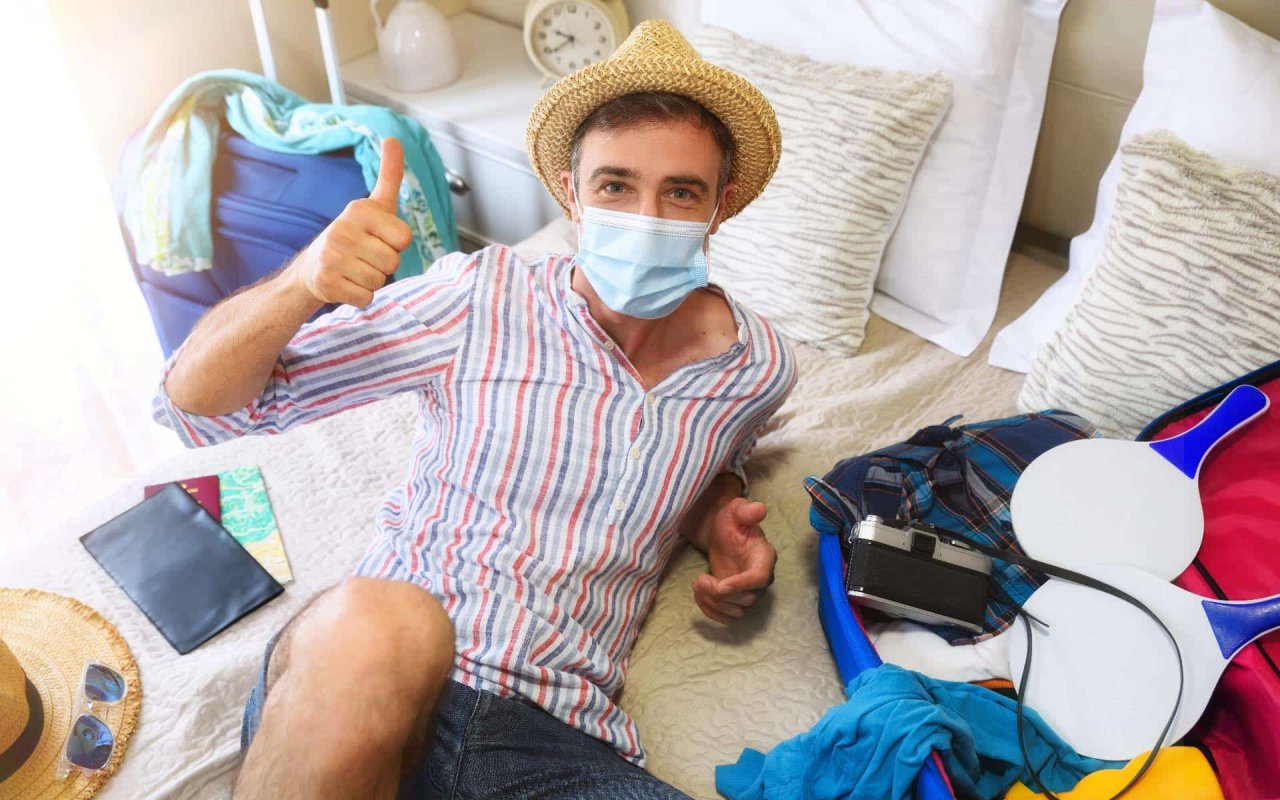RIO DE JANEIRO, BRAZIL – The second phase of the national vaccination plan against Covid-19 in Guatemala, for people over 70 years of age, is progressing slowly due to the population’s distrust of the vaccine and the lack of access to the virtual registry of the Ministry of Public Health and Social Assistance.
With 1,035 vaccination centers set up in the 22 departments of the Central American country, the health ministry has only administered the complete scheme (two doses) of vaccination to 2,521 people and the first dose to 257,247 people since it began to apply immunizers on February 25.

Most of the people who have already been vaccinated at least once belong to the front line health care workers against the disease, in a country inhabited by more than 16.3 million people.
The Minister of Health, Amelia Flores, announced this Friday the beginning of the registration in the vaccination system for people over 65 years of age because, according to her, there is still “an important deficit of people over 70 years of age who have not been able to register”.
During her appearance before the media, the official admitted that the population “lacks information” and stressed that “those of us who read, watch television and are on social networks have become more informed than other people” who do not.
However, the original plan established that the next section of the second phase of vaccination corresponded to those over 60 and not 65 years of age. Still, Flores specified that they only opened to five years “because we have not finished with the population of 70 years or more.”
LATE MANAGEMENT
For the physician and former Secretary General of Planning of the Presidency of Guatemala, Karin Slowing, the reason for the low volume of vaccination three months after it began is because “the Government managed the vaccine late”, in addition to “clear logistical difficulties in managing the vaccine”.
“It’s a bit discouraging to talk about this (the immunization process) because we have nothing left but to hold on and wait. I am hopeful that the Sputnik supplies will be resolved; I find it hard to believe that we have delivered 614 million quetzals (US$79.7 million) without any conditions or response from Russia,” he added.
Slowing, who coordinates the NGO Laboratorio de Datos that investigates the pandemic in the country, pointed to the Government and the Ministry of Health for not going “to figures with real legitimacy to explain what the vaccines mean, to have more information, because when they inform as if we were buying a piece of clothing, I worry that it creates fear in the population.”
A press agency verified this Friday the vaccination process developed in the Poli Deportivo del Barrio Gerona, in zone 1 of the Guatemalan capital, where, according to Marisol Juárez, the person in charge, expected to vaccinate this week an average of 600 people over 70 years old, but “we have only vaccinated between 200 and 300 people per day.”
The person in charge acknowledged that they were receiving people who were not registered in the system or had not had access to the internet to be vaccinated, “always with priority for those who did have their appointment confirmed.”
VACCINATIONS ON THE HORIZON
In total, Guatemala has received 608,200 doses of vaccines to prevent the spread of Covid-19, both through donations and private acquisition or through the Covax mechanism of the World Health Organization (WHO).
Next Monday, the Ministry of Health will start administering the first 50,000 doses of Sputnik V and, although President Alejandro Giammatte announced that a new block of vaccine would arrive from Russia on that day, the Minister denied it by confirming that it will not arrive due to a change in the air route.
The coronavirus has caused the death of 7,845 people in Guatemala, the highest number in Central America, followed by Panama and Honduras, countries with approximately 6,300 and 5,900 deaths, respectively.
However, according to a study released in March by the non-governmental organization Laboratorio de Datos, between March 2020 and the same month of 2021, more than 15,000 people died from the virus, based on information from the state-run National Registry of Persons (Renap).
In terms of positive cases, 240,170 people in Guatemala have been infected with the disease, almost half of them in the country’s capital, the main national focus of the pandemic.

